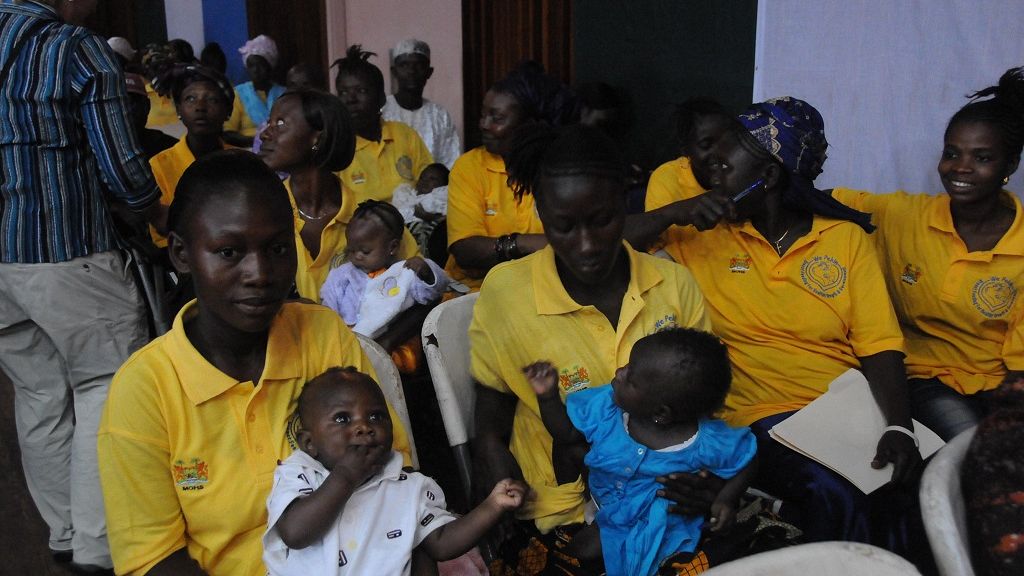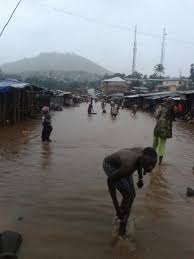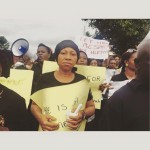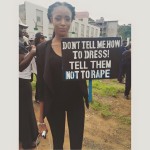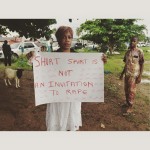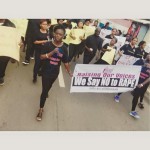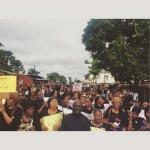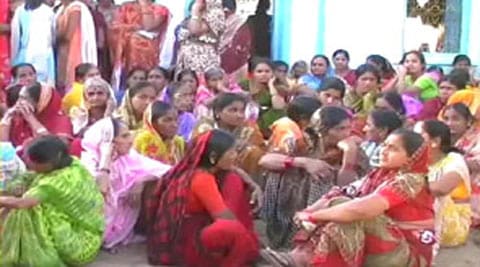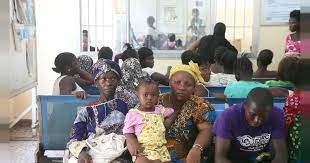
Mothers and children in Sierra Leone, with one of the highest maternal mortality rates in the world
In streets and legislatures as well as in representations in news and social media, from Hungary to India to Brazil to Zimbabwe to the United States and beyond and between, these are trying times in which a threat of totalitarianism looms around us. Welcome to July 2022, where, on one hand, the Thunderdome continues to dominate our attention, but it’s not all gloom and doom. These are grim times. But they are not without hope. There is light, there is real and serious opposition in the Thunderdome. Consider the news this past week from Sierra Leone, Kenya, Antigua and Barbuda.
In Sierra Leone this week, President Julius Maada Bio and his cabinet announced their unanimous support for the Safe Motherhood and Reproductive Health Act which would decriminalize abortion, expand access to contraceptives, post-abortion care and other reproductive health services. On one hand, the support is important in and of itself for women and girls in Sierra Leone and beyond. At the same time, support for the Safe Motherhood and Reproductive Health Act is seen as part of the process of decolonization. The current law dates from 1861, during the English occupation of what became Sierra Leone. As President Bio pointedly noted, “At a time when sexual and reproductive health rights for women are either being overturned or threatened, we are proud that Sierra Leone can once again lead with progressive reforms. My government has unanimously approved a safe motherhood bill that will include a range of critical provisions to ensure the health and dignity of all girls and women of reproductive age in this country.” Sierra Leone joins Benin, which legalized abortion last year.
In March 2022 a High Court in Malindi, in Kenya, found abortion related arrests to be illegal. “The court noted that abortion care is a fundamental right under the Constitution of Kenya and that protecting access to abortion impacts vital Constitutional values, including dignity, autonomy, equality, and bodily integrity. It also ruled that criminalizing abortion under Penal Code without Constitutional statutory framework is an impairment to the enjoyment of women’s reproductive right”
This week, still in Kenya, Justice Okong’o Samson Odhiambo, appearing before the Judicial Service Commission during the Court of Appeal judges interviews, when asked about his views on abortion, responded, “My personal view is that people have the freedom to decide on what to do with their lives.”
Meanwhile, in Antigua and Barbuda this week, the High Court struck down a colonial-era law banning same-sex acts between consulting adults. The case was brought before the court by Orden David, an openly gay man; and Women Against Rape. High Court Judge Marissa Robertson ruled, “The right to privacy extends beyond the right to be left alone and includes the concept of dignity of the individual, aspects of physical and social identity, and the right to develop and establish relationships with other human beings.” Alexandrina Wong, President of Women Against Rape, agreed, noting “We are very much hoping the Antigua ruling will prompt other legal systems in the Caribbean to review their laws and policies, and how they impact on vulnerable populations.” Lucien Govaard, Co-Chair of the Caribbean Forum for Liberation and Acceptance of Genders and Sexualities, added, “We reiterate that it is time governments in the region let go of these colonial structures as they have no place in a modern, diverse, and developing the Caribbean.” According to the Eastern Caribbean Alliance for Diversity and Equality, ECADE, three more Caribbean national courts will decide on similar cases by the end of 2022: St Lucia, St Kitts and Nevis, and Barbados.
The struggle for expansion of rights, decolonization, respect for human dignity is regional, transnational, and global. This week, Sierra Leone, Kenya and Antigua and Barbuda shine the light. It is time, way past time, governments, nation-State, societies, people let go of colonial structures.
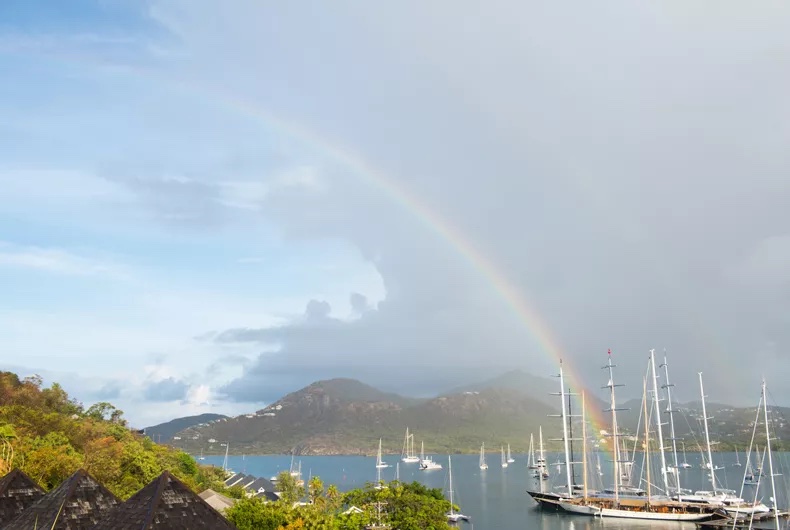
A rainbow in Antigua
(By Dan Moshenberg)
(Photo Credit 1: AfricaNews) (Photo Credit 2: LGBTQ Nation)

